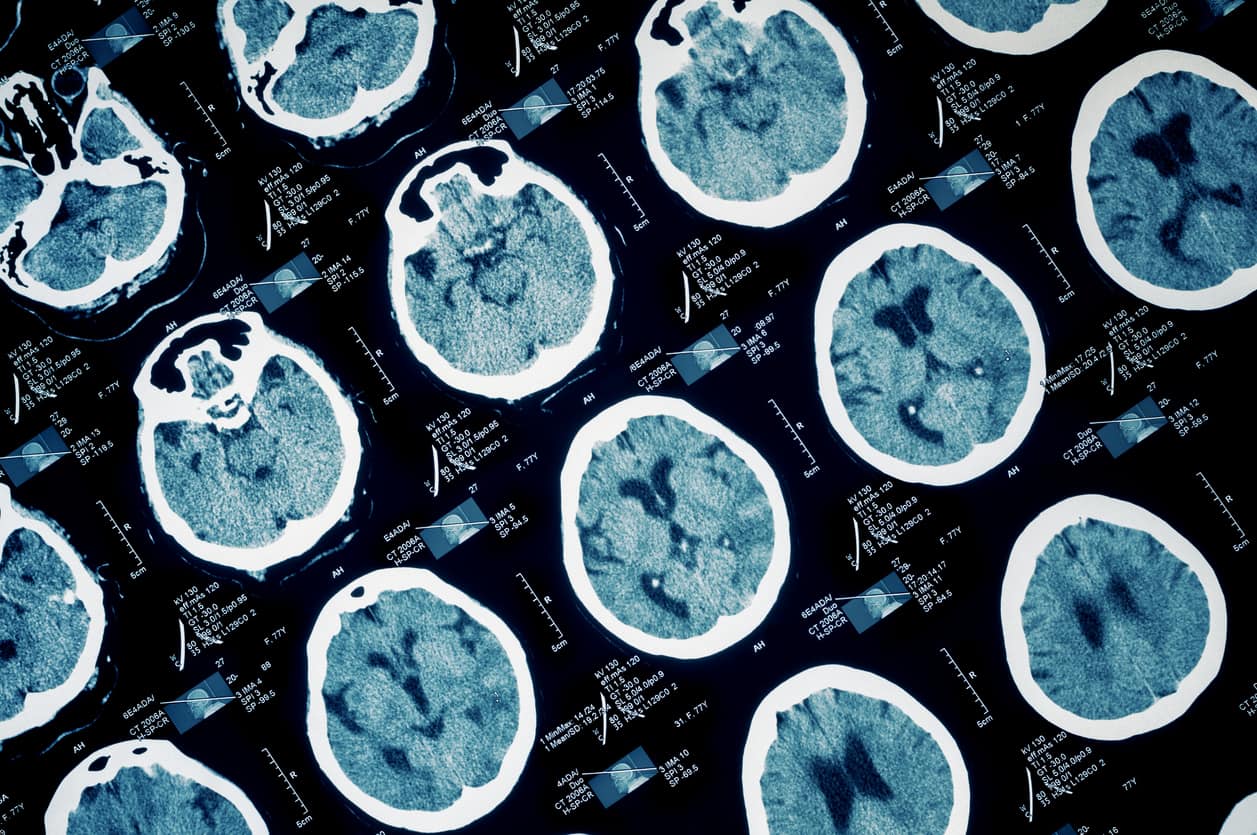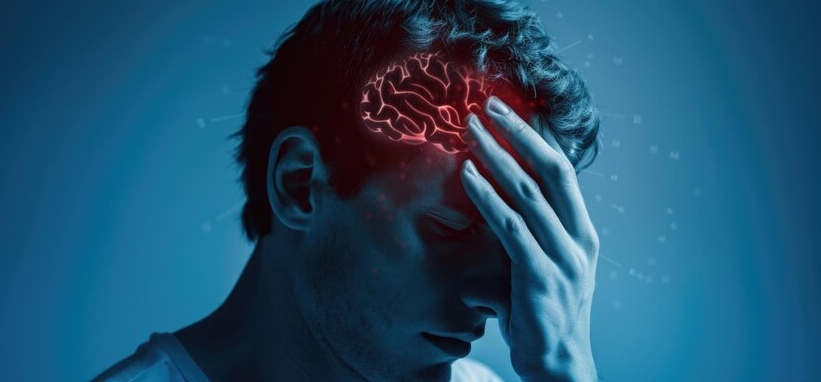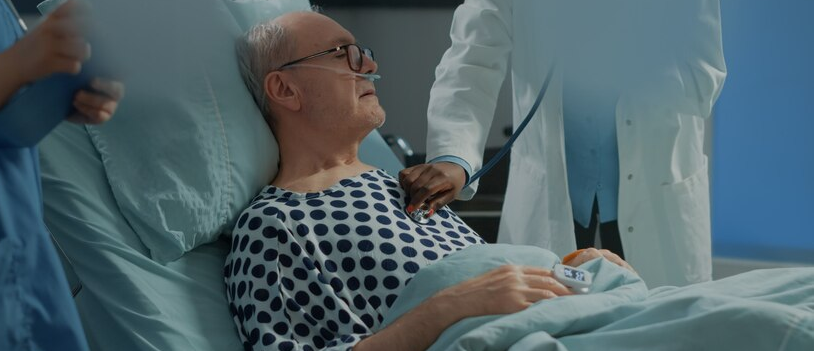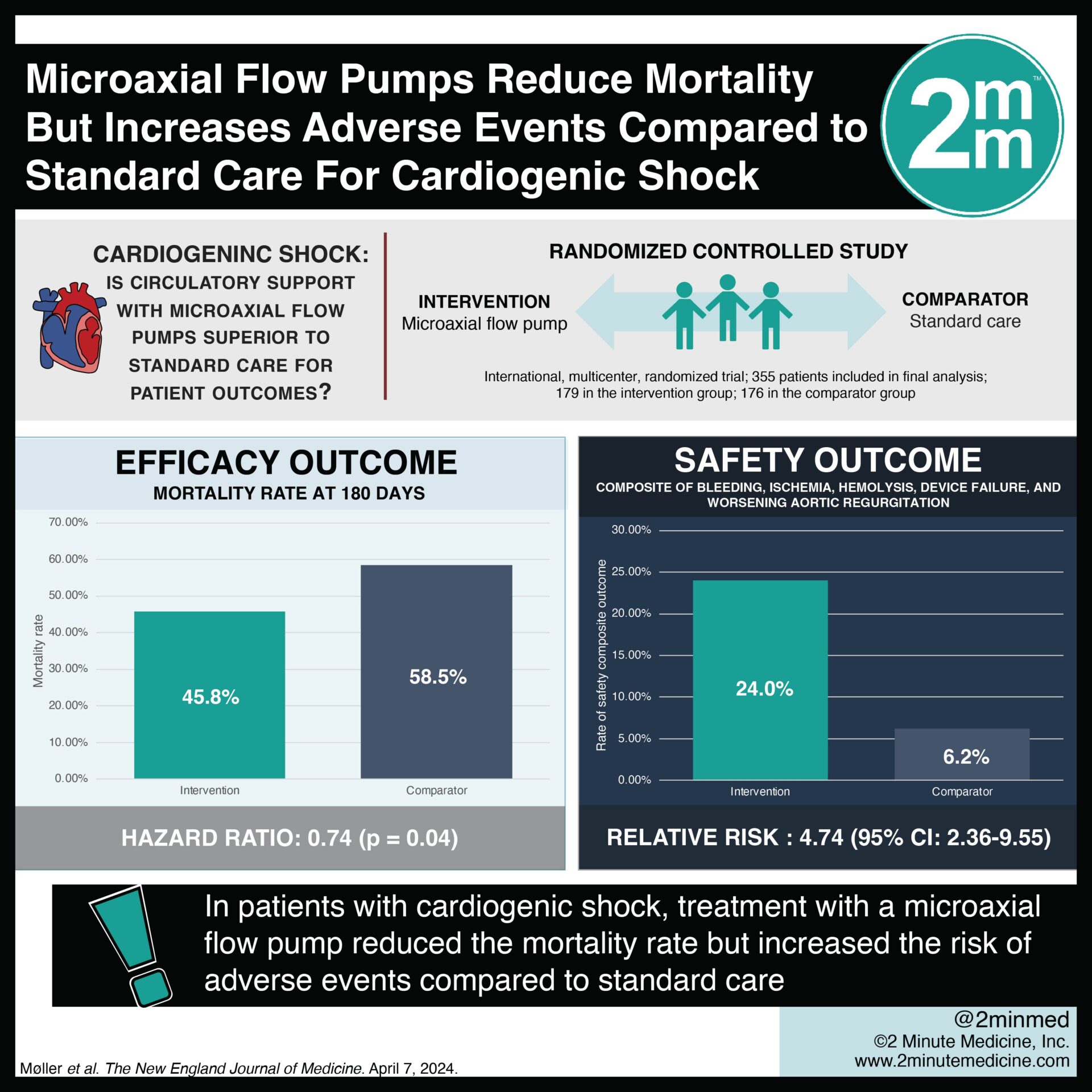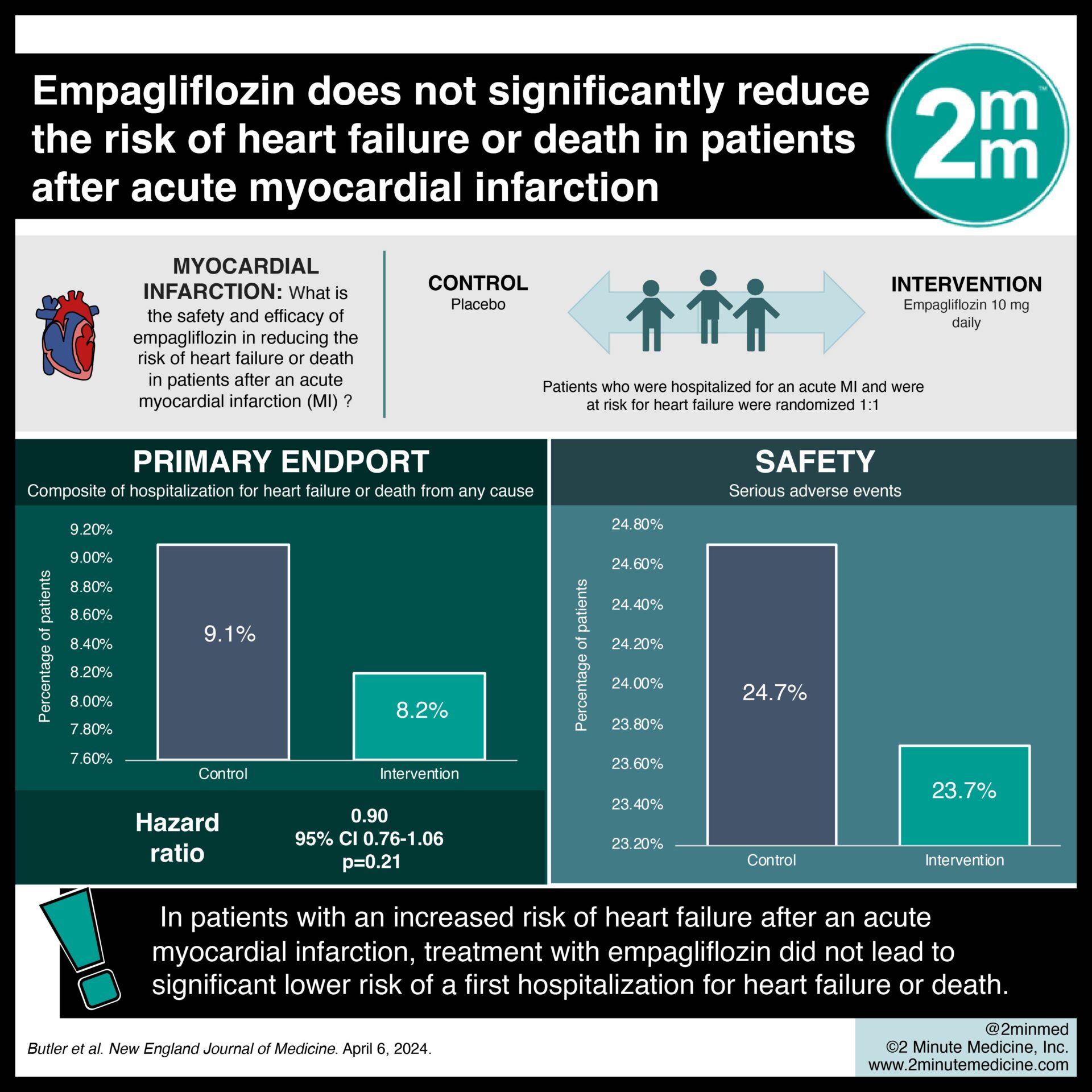The following is a summary of “Deep Brain Stimulation of the Anterior Nucleus of the Thalamus in Drug-Resistant Epilepsy in the MORE Multicenter Patient Registry,” published in the May 02, 2023 issue of Neurology by Peltola, et al.
The Stimulation of the Anterior Nucleus of the Thalamus for Epilepsy (SANTE) trial demonstrated the efficacy of deep brain stimulation (DBS) of the anterior nucleus of the thalamus (ANT) in patients with drug-resistant epilepsy (DRE). The Medtronic Registry for Epilepsy (MORE) aims to assess the safety and longer-term effectiveness of ANT DBS therapy in routine clinical practice. For a study, researchers presented the results of the MORE registry, focusing on seizure frequency, responder rate, quality of life, depression, and safety outcomes.
MORE was an observational registry that collects both prospective and retrospective clinical data. The study included participants aged 18 years and older with focal DRE from 25 centers in 13 countries. Patients were followed for a minimum of 2 years and assessed for seizure frequency (SF), responder rate (RR), health-related quality of life (measured using the Quality of Life in Epilepsy Inventory 31), depression, and safety outcomes.
Out of the 191 recruited patients, 170 (mean age of 35.6 years, 43% female) were implanted with DBS therapy and met all eligibility criteria. At baseline, 38% of patients reported cognitive impairment. The median monthly seizure frequency decreased by 33.1% from 15.8 at baseline to 8.8 at 2 years (P < 0.0001), with a RR of 32.3%. Among the subgroup of 47 patients who completed 5 years of follow-up, the median monthly SF decreased by 55.1% from 16 at baseline to 7.9 at 5 years (P < 0.0001), with a RR of 53.2%. High-volume centers (performing >10 implantations) showed a 42.8% reduction in median monthly SF at 2 years, compared to 25.8% in low-volume centers. Patients with cognitive impairment experienced a 26.0% reduction in median monthly SF at 2 years, while patients without cognitive impairment had a 36.1% reduction. The most frequently reported adverse events included changes in SF or severity (16%), memory impairment (patient-reported complaint, 15%), depressive mood (patient-reported complaint, 13%), and epilepsy (12%). One case of definite sudden unexpected death in epilepsy was reported.
The MORE registry provided real-world evidence supporting the effectiveness and safety of ANT DBS therapy in the 2 years following implantation. The findings demonstrated a significant reduction in seizure frequency and a responder rate consistent with previous clinical trials. The registry also highlighted the importance of center experience and the potential impact of cognitive impairment on treatment outcomes. Adverse events were reported, including changes in seizure patterns, memory impairment, and depressive mood, emphasizing the need for careful monitoring and management during DBS therapy.


